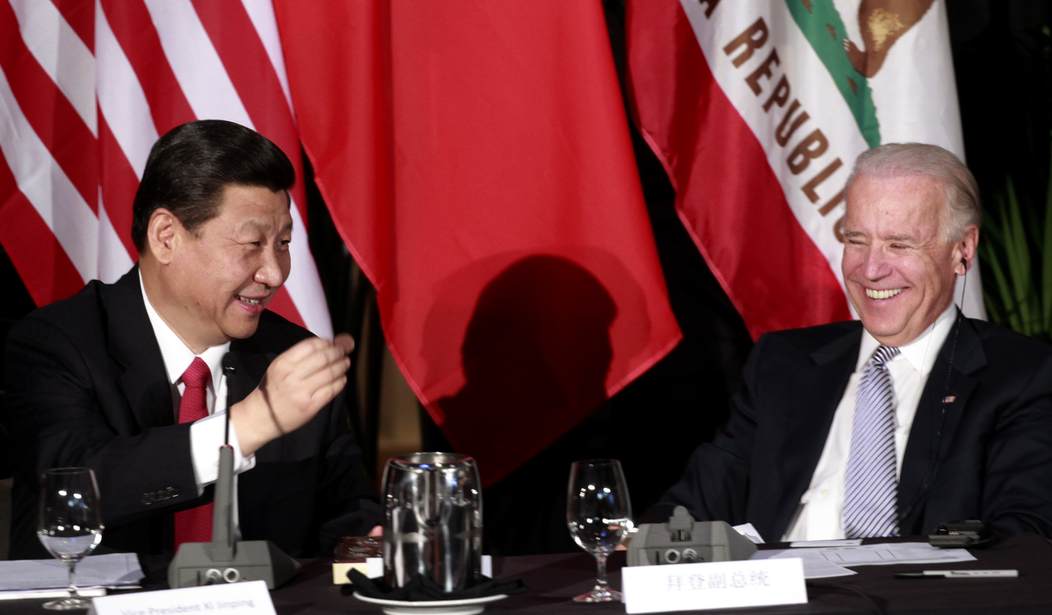Lost in the mists of time, my first post on then-Pajamas Media started with an explanation of karma. It’s time to revisit karma, Biden, and elections.
Very few people in the West understand what “karma” really means: the Victorian Theosophists’ translations of Sanskrit words were generally weak and mystical, what we might call “new-age woo-woo” now, and this was one of the worst. For something like 150 years, people in the West have understood “karma” to be something like “fate,” a fatalistic acceptance that things are predetermined and your situation in life is not under your own control.
In reality, especially in Buddhism, it’s just the opposite: “karma” means “action.” It’s paired with vipaka, which means “reaction” or “result” or “consequences.” Another good translation of the pairing of karma and vipaka is “cause and effect.” One of the sutras says:
According to the seed that’s sown,
So is the fruit you reap therefrom,
Doer of good will gather good,
Doer of evil, evil reaps,
Down is the seed and thou shalt taste the fruit thereof.
A better analogy than “fate” is to think of playing pool. You rack the balls into a nice neat triangle, then one player hits the cue ball to break; the balls scatter. While it seems random, that’s just because we don’t (can’t) have perfect knowledge of the exact position of every ball, of any irregularities in the tabletop, of the effects of humidity and street noise and the gravitation of the fat guy drinking a beer while watching from the table against the wall. But the action of striking the cue ball, we can be confident, leads to the effect of the balls rolling across the table, with the placement of the balls after they come to a stop the final consequence of that action.
I wrote the article in the run-up to the 2008 election when a lot of people who considered themselves conservatives were wondering if they should vote at all; as we all know, they, and millions of others, either voted or did not vote in that election and as a consequence, Barack Obama won, leading to the eight-year Obama administration.
Which, let’s just be clear, I think was pretty disastrous.
It’s 2020 now, and very much to my surprise, Trump has turned out to have been well above 70 percent in making the right decisions — by which, of course, I mean decisions that I agreed with. It’s a better average than I expected and running close to Ronald Reagan, whom I also didn’t trust when he was first elected.
And, even more than in 2008, the Real Conservatives™ are saying they would rather not vote for Trump, many that they won’t vote for Trump, a fair number urging a vote for Biden to teach Trump a lesson.
Some of them claim to object to Trump’s policies. I haven’t seen any of them make the argument that Biden’s policies are actually better than Trump’s, just that they don’t like some of Trump’s policies. When challenged, they seem to come around to what others use as their first argument: that Trump is icky and coarse and uncouth and icky. (And then there’s the Lincoln Project, whose argument seems to be that Trump is icky but sweet, sweet liberal cash is not.)
In real life, what really matters is a president’s — an administration’s — policies. If you, as a Real Conservative™, vote for Biden over Trump, for whatever reason, you’re voting for a Biden administration’s policies: higher taxes, ending energy independence, regulation of online speech to make it “more socially conscious,” and $11 trillion (or more!) in new spending.
It’s certainly your right to vote for that. And if Biden wins? Well, that’s karma.










Join the conversation as a VIP Member